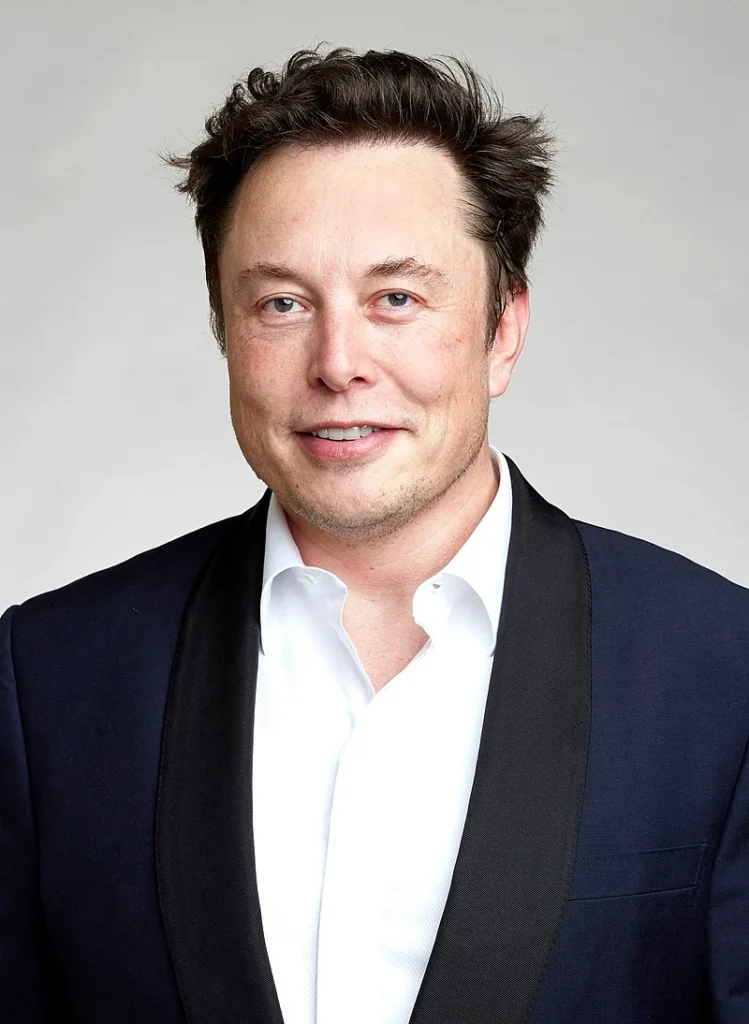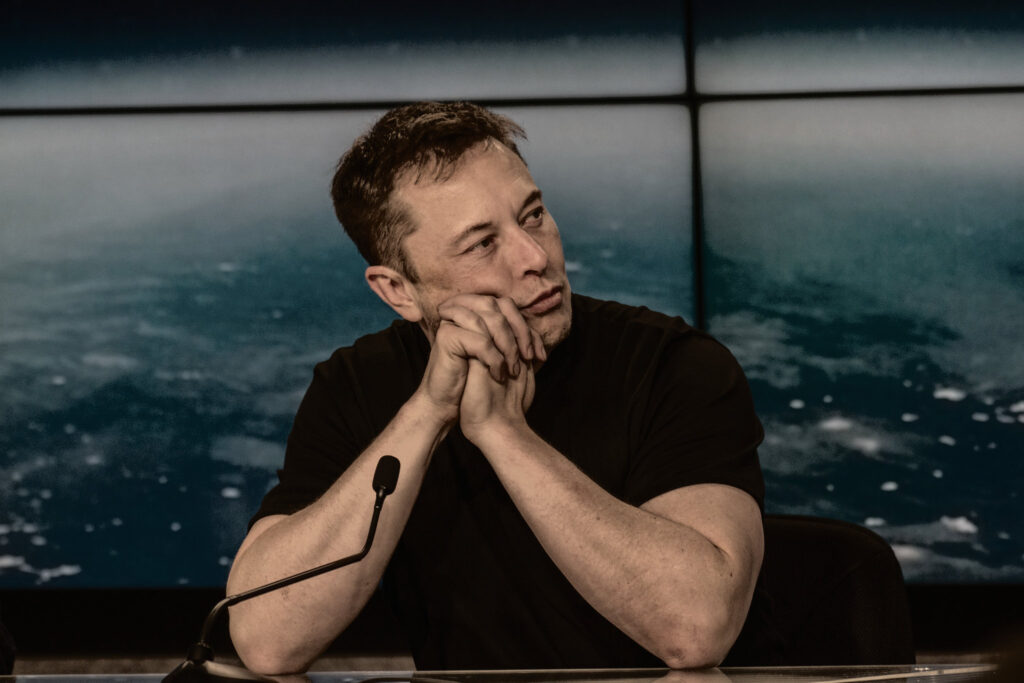The wealthy businessman and CEO of SpaceX and Tesla, Elon Musk, is no stranger to grabbing attention for his outlandish comments. On X (previously Twitter), Musk claimed to be a 3,000-year-old time-traveling alien who is on a mission to return to his home planet.
This claim has now gone viral on the internet. Many have questioned whether he was kidding, making a subtle philosophical statement, or just enhancing his mysterious public character in light of this outrageous claim.
Musk is well-known for his peculiar sense of humor and propensity to stir up controversy, and his statement has sparked a flurry of social media responses.
His statement reminds us of his special ability to keep people guessing by using the junction of contemporary mythology and celebrity impact, evoking both amusement and incredulity.
This article explores the assertions made, the reactions from throughout the globe, and their wider ramifications in the current media environment.
The Claim in Detail
In classic Musk flair, Elon Musk made his claim to be a 3,000-year-old time-traveling alien in a mysterious post on X (previously Twitter).
Musk alluded to his alien ancestry in his remarks, saying he has been traveling through space and time, maybe in an effort to reach his home planet.
The tweet triggered a flurry of speculation and discussion among his followers, despite the fact that it offered no context or follow-up.
Musk has a history of being drawn into fantastical stories about himself.
He has mockingly called himself an alien in past social media interactions, even referring to his inventions and ideas as “proof” of his extraterrestrial intelligence.
While some see these comments as Musk’s lighthearted play with online memes and culture, others think they may be a reflection of his interest in space and the unknown.
Many people struggled to understand the meaning behind his assertion because it was unclear whether it was satire, an honest statement, or a premeditated attempt to attract his audience.
The tweet blurred the boundaries between humor, self-mythologizing, and public performance, adding yet another dimension to Musk’s already mysterious image, regardless of his intentions.
Public and Media Reaction
News outlets and social media platforms immediately and dramatically responded to Elon Musk’s claim that he was a 3,000-year-old time-traveling alien.
Reactions from his X followers were swift, ranging from amusing observations to sheer incredulity.
Many users interpreted the comment as another instance of Musk’s trademark dry humor, making jokes about his advanced alien technologies or asking him for time-travel advice.
Within hours, the platform was inundated with memes portraying Musk as an interstellar traveler and even as a millennium-old vampire.
The humorous reaction demonstrated how Musk’s fans frequently accept his quirks as a component of his persona.
Some media sources, on the other hand, had a mixed view of the statement, combining analysis and skepticism. Some commenters conjectured on the potential reasons behind the remark, but the majority rejected it as a tongue-in-cheek remark.
Was it a lighthearted joke that turned into something more, a savvy attention-getter, or a profound allegory about human ingenuity? In any case, the statement garnered a lot of attention, with headlines that ranged from lighthearted jokes to critical analyses of Musk’s character.
In keeping with the increasing practice of turning celebrity remarks—no matter how strange—into cultural events, news outlets leaned into the spectacle.
It’s fascinating to see that not every response was lighthearted or pleasant.
Given that Musk is one of the most powerful people in the tech sector, some detractors took advantage of the occasion to raise concerns about his growing propensity to conflate humor and responsibility.
These voices contended that his remarks, even when uttered in fun, have consequences and have the power to shape public opinion.
Whether seen as a lighthearted joke or a poorly timed diversion, Musk’s extraterrestrial comment once again demonstrated his remarkable ability to control the news cycle and elicit a mixture of amazement, laughter, and criticism.
Elon Musk’s History of Unconventional Statements
Elon Musk’s erratic and quirky communication style, especially on social media, has long been well-known.
His claim to be a time-traveling alien is not the first time he has drawn attention to himself with outlandish statements.
Musk has developed a reputation over the years for fusing comedy, intrigue, and controversy in his remarks, frequently letting the public figure out what his genuine motivations are.
When Musk called himself an alien in an interview and asserted that his capacity for innovation could only be explained by extraterrestrial ancestry, it was one of his most notorious statements.
Despite being obviously said in jest, the remark swiftly gained cultural traction and sparked conversations on Musk’s extraordinary capacity to upend entire industries.
Similar to this, his cryptic tweets, like “Nuke Mars” or “Let’s create a mechagodzilla,” frequently cause both perplexity and hilarity, making it difficult to distinguish between serious thoughts and lighthearted reflections.

Musk’s tendency to make such statements has also drawn a lot of criticism. His casual remarks about taking Tesla private at $420 per share notably sparked an investigation by the SEC, demonstrating the practical repercussions of his remarks.
Musk, meanwhile, still embraces his role as a provocateur, tweeting regularly on subjects like advanced artificial intelligence and existential dangers to humanity.
His propensity to entertain, provoke, and question conventions is part of a larger plan to maintain his reputation—and hence his endeavors—in the public spotlight.
Musk’s ability to appeal to a shared sense of wonder and curiosity is what makes his claims compelling, whether they are about artificial intelligence, time travel, or conquering Mars.
Musk has successfully created a contemporary mythos around his public character by fusing humor with lofty ideals.
His assertion that he is a 3,000-year-old extraterrestrial is merely the most recent development in this continuous story, highlighting his singular status as a cultural phenomenon and inventor.
Psychological and Social Perspectives
Elon Musk’s claim to be a time-traveling extraterrestrial may be analyzed from a psychological and social standpoint in addition to his distinct personality.
According to experts, these kinds of statements made by powerful people frequently have several functions, whether conscious or unconscious.
Musk successfully engages his audience by fusing comedy, mystery, and a dash of absurdity in his lighthearted yet thought-provoking remarks, which appeal to a universal human fascination with the unknown.
His communication technique is characterized by his capacity to fascinate and entertain, which guarantees his relevance in public conversation.
From a psychological perspective, Musk’s remarks might be a reflection of his knowledge of how narratives influence public opinion.
Musk is very conscious of his cultural influence as one of the most well-known innovators in the world. In addition to maintaining interest in his character, he pushes his audience to think outside of the box by making assertions that blur the borders between satire and fact.
Such statements arouse a mixture of skepticism and interest, leading to conversations that frequently return to his more general objectives, such as furthering space exploration or tackling existential threats.
In this sense, Musk uses his claims to encourage participation even when the information appears implausible.

Socially, Musk’s remark about aliens also draws attention to the contemporary practice of creating myths about famous people.
Public leaders like Musk frequently create fantastical personas that appeal to their fans in a time when social media magnifies every word and deed.
Musk’s portrayal of himself as an extraterrestrial or time traveler contributes to a societal narrative that praises the remarkable while simultaneously highlighting his affiliation with futuristic technologies.
Experts warn that such conduct, meanwhile, may have unforeseen repercussions, especially if viewers find it difficult to discriminate between reality and parody.
In Musk’s instance, his comments both support his reputation as a disruptor and invite criticism over the need for prominent people to communicate more openly.
In the end, Musk’s remark may be interpreted as a deliberate attempt to conflate philosophy, humor, and self-aggrandizement.
Although a lot of people might think it’s a comedy, it also illustrates a larger pattern of how powerful people utilize stories to mold their public personas.
Musk’s alien remark is an intriguing case study at the nexus of psychology, media, and cultural influence, regardless of whether it is seen as a lighthearted joke or a conscious attempt to elicit thought.
Please SHARE this story with your friends and family and let us know what you think in the comments!



